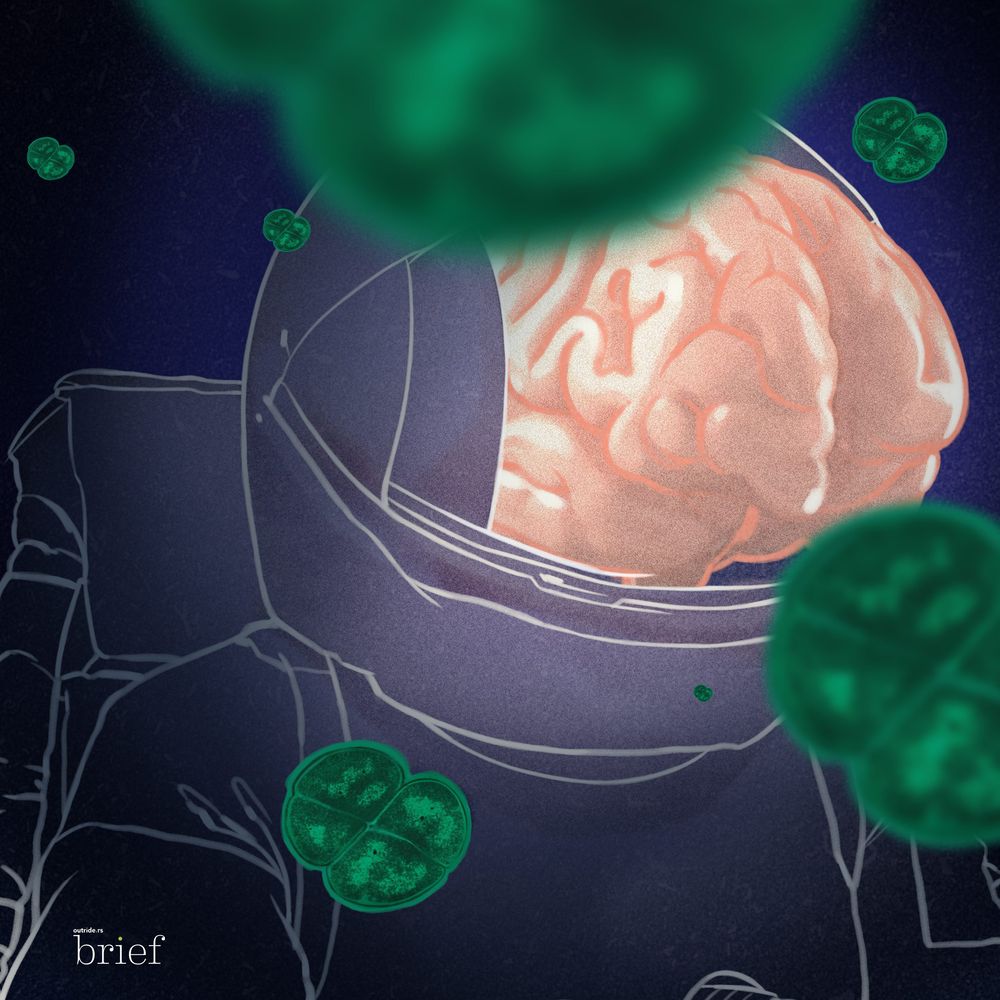Lack of coins in the US and temporary basic income
Temporary basic income for the poorest was proposed as a solution to the pandemic crisis by the United Nations Development Programme. With 3 billion people living below or just above the poverty line and around 100 million pushed into extreme poverty due to coronavirus, that kind of solution is recommended as many developing countries lack social security that could shield societies from the economic shock coming with the pandemic. “Otherwise people will starve before the virus gets to them”, according to Kanni Wignaraja, Asia-Pacific director of the UNDP. The proposed program would consist of six-month guaranteed cash handout for people in 132 countries and would cost 199 billion USD per month. A UNDP representative claims that spending now could alleviate the costs later.
The global pandemic isn’t a tragedy for everyone. The business is thriving for Kannywood, the Muslim version of Hollywood from the north of Nigeria. Its online streaming platform, Northflix, recently tripled the income and doubled the number of users. It provides work for more than 30 000 people and became a life-saver for film producers once the cinemas and DVD shops were closed.
Record profits are reported by the Indian kite sellers. Traditionally used around the festival of Makar Sankranti in January, kites have become a way of coping with the lockdown, and many people fly them from their terraces and rooftops. Some sellers claimed sales of hundreds of thousand kites with interested customers even from neighboring Pakistan. Tens of thousands of women could earn money while making a popular product from their homes.
The United States faces the problem of a lack of coins. People staying at home and shifting towards online shopping resulted in a circulation bottleneck that pushed the administration to create a special U.S. Coin Task Force. Small change is essential for the existence of many American businesses, like laundromats and restaurants. Some owners consider raising prices to even dollars.























